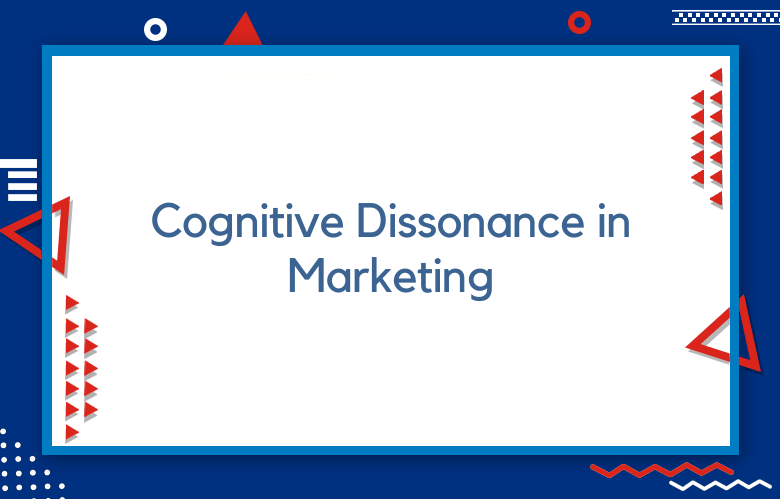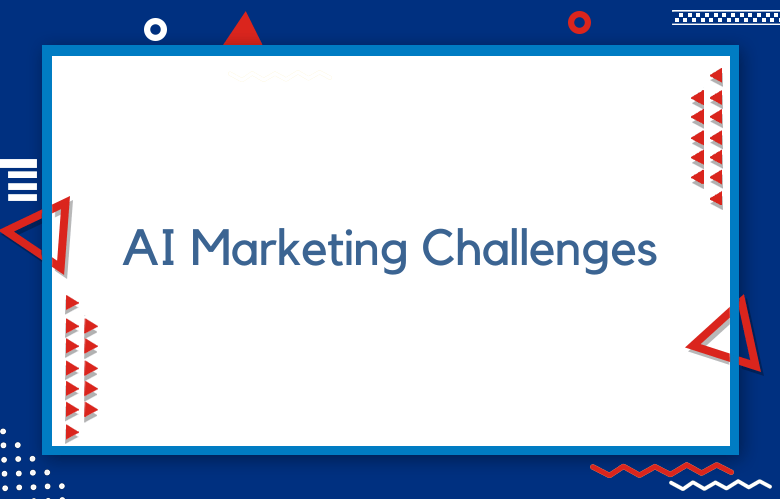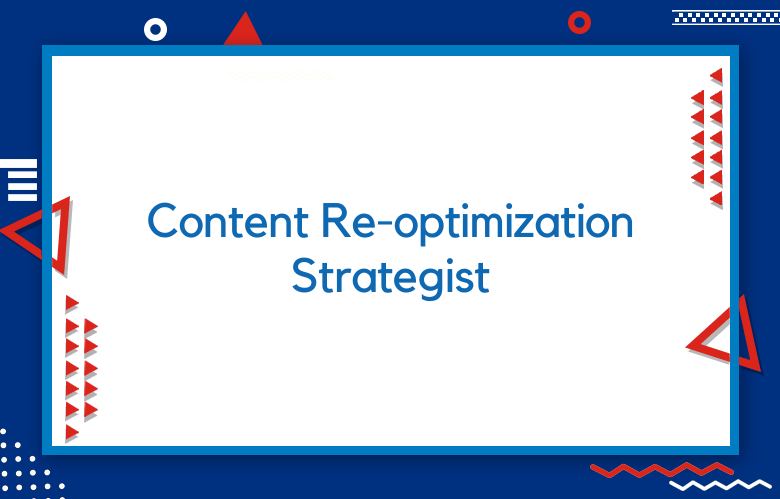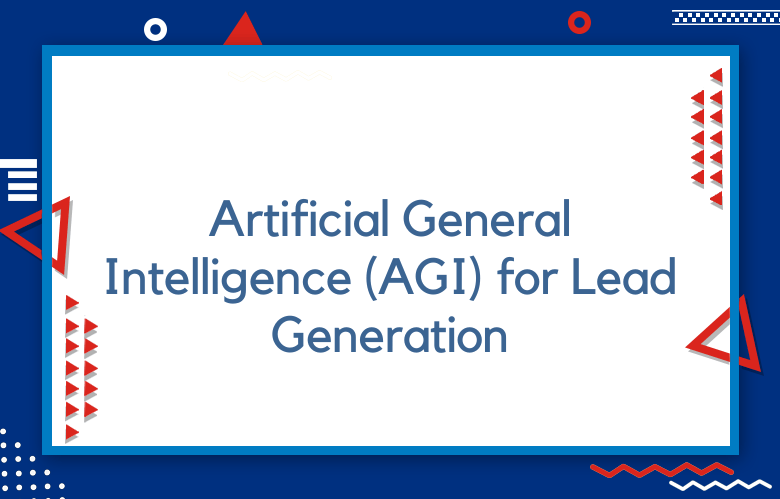Cognitive Dissonance in Marketing: Exploring the Conflicting Ideas Behind Consumer Behavior

Cognitive Dissonance is a psychological phenomenon that occurs when two or more ideas conflict. In marketing, cognitive Dissonance refers to the conflicting thought processes of consumers before making a purchase decision.
Understanding how this psychological concept impacts consumer behavior can help marketers create effective strategies for connecting with potential customers.
Cognitive Dissonance in Marketing
What is Cognitive Dissonance?
Cognitive Dissonance occurs when an individual’s beliefs and behaviors don’t align. It results from an internal struggle between thoughts and actions that creates discomfort, guilt, shame, or anxiety.
This emotion can lead to an individual developing new perceptions or attitudes to reduce discomfort.
In marketing, cognitive Dissonance has been studied extensively due to its potential for influencing consumer purchases.
How Cognitive Dissonance Impacts Purchasing Decisions
When consumers make a purchase decision, they encounter conflicting thoughts – their current beliefs and attitudes versus their desired outcome or goal.
For example, if someone wants to buy a luxury car but at the same time feels guilty about spending so much money on something they may not need, they will experience cognitive Dissonance.
This tension leads them to start looking for ways to justify their purchase decision (e.g., by focusing on the benefits of owning a luxury car).
The Role of Advertising in Reducing Cognitive Dissonance
Advertisers use cognitive Dissonance to reach potential customers by emphasizing the positive aspects associated with their product/service and downplaying any harmful elements that may be present.
Ads are designed in such a way as to create feelings of guilt or anxiety about not buying the product/service being advertised and then offering solutions that will alleviate this feeling of discomfort (e.g., by highlighting ways in which their product/service will improve your life).
By doing this, advertisers can reduce the feeling of cognitive Dissonance and encourage potential customers to purchase.
Cognitive Dissonance in Marketing: How to balance it out
Cognitive Dissonance is the mental discomfort that arises when a person holds many conflicting ideas, beliefs, values, or behaviors simultaneously.
It can apply to marketing because marketers often have to navigate between two competing goals.
On the one hand, they need to create compelling messages that engage their customers and drive sales; on the other hand, they want to ensure they are honest and accurate.
Balancing these two goals is tricky but essential for any successful marketing strategy.
Understand Your Audience
Understanding your target audience is the first step in balancing cognitive Dissonance in marketing.
Knowing who your message is intended for will help you craft a compelling message that connects with them and makes them feel understood.
Understanding what motivates them will make providing content that speaks directly to their desires easier.
This will help ensure your message isn’t too far off-base from what your customers expect.
Be Transparent
When creating a message for your audience, it’s essential to be open and transparent about what you’re trying to say—and why you’re saying it.
If there is a discrepancy between what you’re saying and what your audience expects from you, being upfront about why this discrepancy exists can help reduce cognitive Dissonance—especially if you explain why this discrepancy is necessary or beneficial in some way.
For example, if you’re introducing a new product feature that requires customers to take additional steps during checkout, explaining why this extra step is necessary can make it easier for customers to accept the change without feeling too much cognitive Dissonance.
Consistency is Key
Maintaining consistency over time is critical when managing cognitive Dissonance in marketing.
Suppose you make sudden changes without warning (such as drastically changing your messaging or offering inconsistent discounts). In that case, customers feel confused or uneasy with your brand—which can ultimately hurt sales and brand loyalty over time.
By maintaining consistency with what products or services are offered and how they are presented and marketed, marketers can create an environment where customers don’t experience too much cognitive Dissonance when interacting with their brand.
How Cognitive Dissonance Impacts Marketing
Have you ever noticed how some of your decisions don’t match your beliefs? Or have you wondered why you make choices that go against what you think is right? This phenomenon is known as cognitive Dissonance.
It occurs when our minds are full of conflicting thoughts, attitudes, and beliefs. And it has a significant effect on marketing. Let’s examine how cognitive Dissonance impacts marketing strategy and tactics.
What is Cognitive Dissonance?
Cognitive Dissonance is the psychological discomfort caused by holding two or more contradictory beliefs, ideas, or values.
It can also be experienced when deciding between two seemingly equal options.
When confronted with this situation, people tend to experience tension or anxiety as they attempt to reconcile their conflicting thoughts and feelings.
How does it affect Marketing?
Cognitive Dissonance plays a significant role in consumer behavior. People often make decisions based on rationalizing their behaviors — even if those decisions contradict their beliefs and values.
For example, someone may buy an expensive car despite believing that cars are bad for the environment; they may then tell themselves that the car is fuel-efficient or has other features that make it better than other cars on the market.
In terms of marketing, cognitive Dissonance can influence consumer behavior by providing options that conflict with each other but ultimately lead to the same end goal — buying your product or service!
Through careful positioning of options and persuasive messaging, marketers can help consumers weigh their choices by presenting them with scenarios where either option leads to satisfaction (e.g., “Do you want A or B? Both will get you what you want!”).
This allows consumers to feel good about their purchasing choice – even if it goes against their original belief system.
Cognitive Dissonance and Its Role in Marketing
Cognitive Dissonance is a psychological condition that happens when individuals hold two or more conflicting beliefs, ideas, or attitudes at the same time.
It can lead to feelings of discomfort and confusion, as well as anxiety and stress. But did you know that cognitive Dissonance also plays a vital role in marketing? Let’s take a closer look at how understanding cognitive Dissonance can help marketers create better campaigns.
What is Cognitive Dissonance?
Cognitive Dissonance is an uncomfortable tension or conflict between two or more beliefs or ideas that an individual or group holds.
It occurs when there is a discrepancy between what someone believes and what they experience. This tension can cause people to feel anxious, uncomfortable, confused, and even stressed.
The feeling of tension from cognitive Dissonance motivates people to reduce it by changing their attitudes, behavior, or beliefs to make them consistent.
How does Cognitive Dissonance apply to the Market?
In marketing, cognitive Dissonance occurs when customers experience a disconnect between what they expect and what they receive from a brand’s product or service.
For example, suppose someone buys something expecting it to be top-of-the-line, but it ends up being lower quality than expected. In that case, this creates cognitive Dissonance for the customer, which can negatively affect their brand opinion.
To reduce this tension and improve customer satisfaction, marketers need to understand how cognitive Dissonance works and use it in their campaigns.
Marketers must strive to ensure that their products meet customer expectations by emphasizing the product’s benefits over its features and actively engaging with customers through surveys and reviews.
Marketers should address customer complaints quickly to avoid negative feelings of cognitive Dissonance that could harm customer loyalty and satisfaction levels.
By understanding how cognitive Dissonance works in marketing contexts, marketers can create effective campaigns that reduce customer dissatisfaction while increasing customer loyalty and satisfaction levels.
Digital Marketing Strategy Consulting
Digital marketing strategy consulting provides companies with an invaluable tool to help them create and execute an effective digital strategy. Digital marketing offers unique advantages, such as reaching large customer groups cost-effectively, targeting potential customers more accurately, measuring the user experience, and generating valuable insights about customer behaviors.
Digital marketing strategy consultants can provide strategic advice tailored to businesses in multiple industries and segments that leverage these powerful tools to achieve sustainable success. Consulting firms are well-equipped to help fine-tune existing strategies or create new ones based on customer data, industry trends, and best practices from other successful organizations. Digital marketing strategy consulting can be essential for businesses striving for successful outcomes in their digital advertising campaigns.
Digital marketing strategy consulting is an invaluable tool for businesses of all sizes. A consultant can help you become more visible in today’s increasingly crowded online marketplace by creating and implementing a digital marketing plan tailored to your unique needs. Digital strategies should not only be comprehensive and well-rounded, but they should also combine social media campaigns, SEO optimization, and other tactics.
If properly executed and evaluated ongoing, Digital Marketing Strategy Consulting will help you achieve the goals you have set forth for your business. Companies that take advantage of Digital Strategy Consulting can expect an increase in website traffic; leads generated, sales conversions, and, ultimately, long-term growth.
Conclusion
Cognitive Dissonance is an essential concept in marketing because it helps us understand why people make purchasing decisions despite having conflicting thoughts and emotions beforehand.
Marketers who understand how this psychological phenomenon impacts consumer behavior can use it to reach potential customers and encourage them to purchase.
By creating ads that emphasize only the positive aspects of their product/service while downplaying any negative ones, marketers can reduce any feelings of guilt or anxiety that may be present and ultimately increase sales conversions.
Understanding how cognitive dissonance works can help marketers create effective campaigns targeting consumers’ needs and motivations while reducing feelings of conflict before buying.
Call: +91 9848321284
Email: [email protected]



